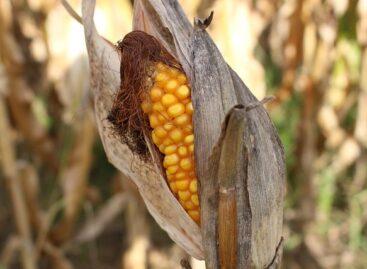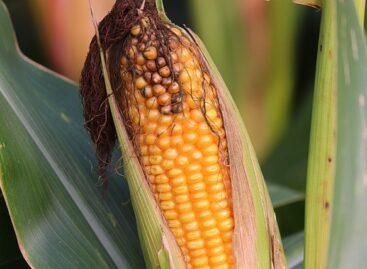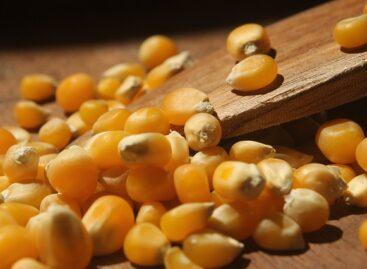Scandalous results of Dubai chocolates: most of the chocolates failed due to health risks
German food inspection authorities have uncovered serious problems in testing chocolates from Dubai. In tests carried out in North Rhine-Westphalia, 96 percent of products from foreign countries failed, but even 38 percent of chocolates made in Germany did not meet the standards. The tests revealed mold, undeclared allergens, dyes and dangerous bacteria, which can cause serious health problems for consumers, reports Index.
Dangerous ingredients, mold toxins and bacteria
 According to a report in Bild, the vast majority of the tested chocolates from Dubai, originating in Turkey, the United Arab Emirates and Jordan, did not meet food safety standards.
According to a report in Bild, the vast majority of the tested chocolates from Dubai, originating in Turkey, the United Arab Emirates and Jordan, did not meet food safety standards.
One of the most worrying findings was the presence of molds and their toxins (mycotoxins), which can cause serious liver and kidney damage and weaken the immune system.
In addition, several chocolates
- Contained unspecified allergens, such as peanuts and sesame seeds, which can cause severe allergic reactions in affected consumers.
- Contained illegally used dyes that are not permitted in the European Union.
- Contaminated with Enterobacteriaceae bacteria, which can cause salmonella or E. coli infections.
There were also problems in Germany
Dubai chocolates made in Germany were not exempt from problems. A study in Düsseldorf found that two out of 10 products tested had dangerously high levels of mold toxins, while other products were found to have labeling errors.
In Saxony-Anhalt, a tested Dubai chocolate had cocoa butter replaced with cheaper foreign fats, while another product was found to have high levels of coliform bacteria, which also pose a health risk.
A food inspection in Hanover led to the closure of a chocolate factory operating in unhygienic conditions.
In Bavaria, 12 out of 20 samples of chocolate from Dubai were found to contain unlabeled allergens, including peanuts and sesame seeds, prompting an official investigation into the products.
Related news
MATE researchers have found a solution for the utilization of mycotoxin-contaminated corn
🎧 Hallgasd a cikket: Lejátszás Szünet Folytatás Leállítás Nyelv: Auto…
Read more >The domestic supply of corn is ensured, there is no need to import
🎧 Hallgasd a cikket: Lejátszás Szünet Folytatás Leállítás Nyelv: Auto…
Read more >Related news
Amikor a megszámlálhatatlan megszámlálhatóvá válik
🎧 Hallgasd a cikket: Lejátszás Szünet Folytatás Leállítás Nyelv: Auto…
Read more >New country director at the helm of JYSK Hungary
🎧 Hallgasd a cikket: Lejátszás Szünet Folytatás Leállítás Nyelv: Auto…
Read more >








